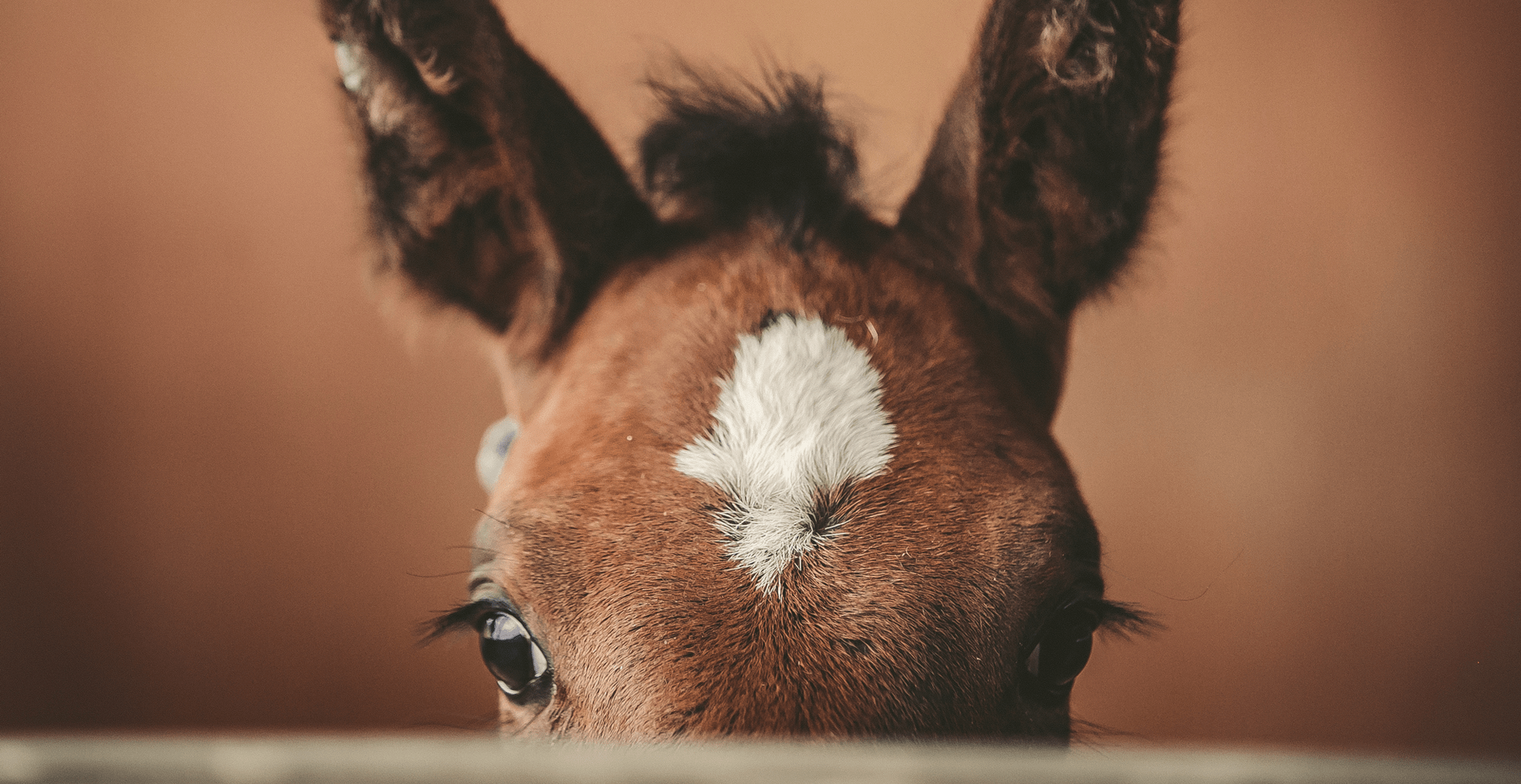Did you know? The high sugar content in honey helps kill bacteria…
November 14, 2017
The high sugar content in honey causes an ‘osmotic gradient’ (higher pressure on one side compared to the other). This in turn causes a suction like effect pulling fluid into the wound and shrinking any bacteria present. Gluconic Acid is also present in all honey an...
Mānuka Vet™- Doing our part to support the bee population in NZ
September 8, 2017
As it's Bee Aware Month we thought that it was timely to share with you one of the practices that we are undertaking to ensure that our bees have a healthy diet all year round.At present many hives have to be moved off the block which they reside during the winter months to ...
Did you know? New Zealand has 28 native bee species...
September 8, 2017
Yes that's right, there are a number of different kinds of bees. In fact in New Zealand there is thought to be around 28 native bee species and 13 introduced species.Our native bees tend to be smaller and although they are thought to be the gold medalists of the pollinating ...
Did you know? Not all honey is created equal...
September 2, 2017
Many people query what the difference between Mānuka Honey and normal mixed plant honey is, when it comes to wound healing.
The short answer is despite all honey having some antibacterial activity only authentic New Zealand Mānuka Honey (Leptospermum scoparium) has �...
Mānuka Vet™- For all animals not just horses...
May 31, 2017
Mānuka Vet products don't just work on your horse, you can use them safely on your smaller animal friends as well! Below you will find some of the small animal wounds that the Mānuka Vet Gel could be used to help heal.
Burns
Cuts
Gangrene
Skin Infections
Licking Der...
Did you know? Bees are unlikely to sting..
May 29, 2017
Did you know that bees are very unlikely to sting unless they are threatened? If you spot a bee close to you try and stay still or move away slowly. If you happen to get stung, try and remove the stinger and wash gently with water and soap. If you are allergic to bee stings ...
Did you know that some of the most difficult wounds to heal on horses are leg wounds?
This is because there is less underlying tissue to support wound healing, more tension, poor blood supply and the tissue is always moving. No to mention that it͛s often harder to keep th...
Keeping it in NZ!
April 17, 2017
Here at Mānuka VetTM we are proud that all of our products are New Zealand sourced and produced.
Our honey is sourced from Mangapapa which is a block of Māori owned land that hugs 30km of the Mokau River banks in the King Country. The block of land lies in the tribal ter...
What is the life cycle of a honey bee?
March 22, 2017
Honey bees have four distinct life cycle phases: egg, larva, pupa and adult. The total life cycle varies a bit between the three types of bees (queens, workers and drones). A queen bee usually takes 16 days, a worker bees 21 days and a drone 24 days to make it to adulthood m...
Why is sterilized honey better than raw honey?
March 15, 2017
While you want to ensure that honey maintains all of the beneficial vitamins and enzymes you have to be careful when applying it to open wounds. This is because raw honey often has other natural but potentially harmful enzymes which can increase the likelihood of infection. ...
